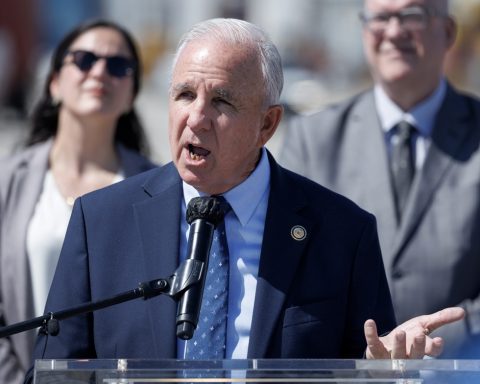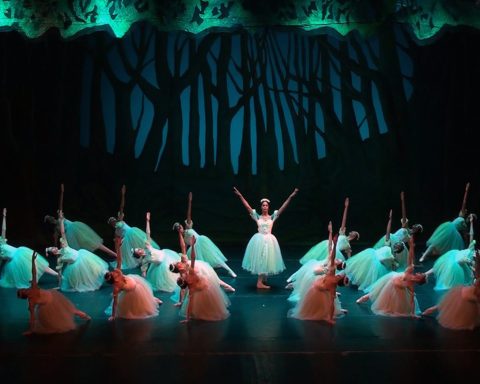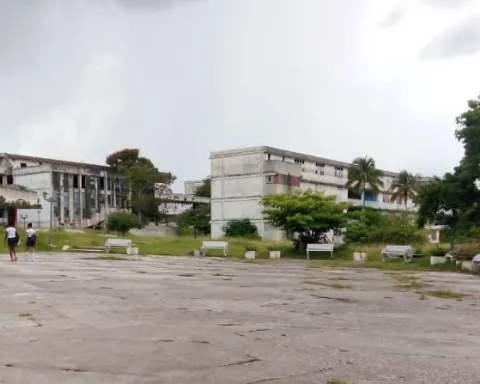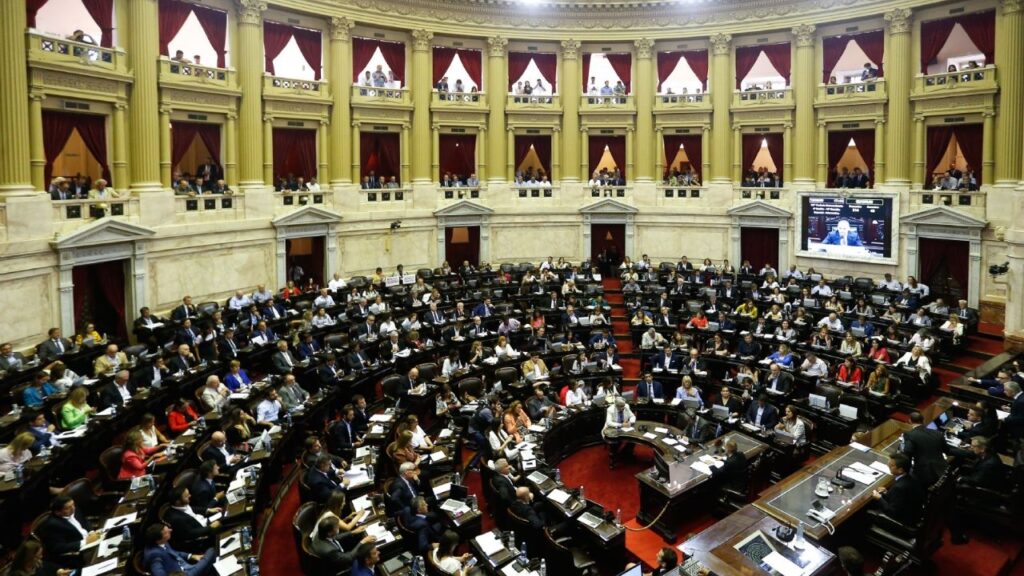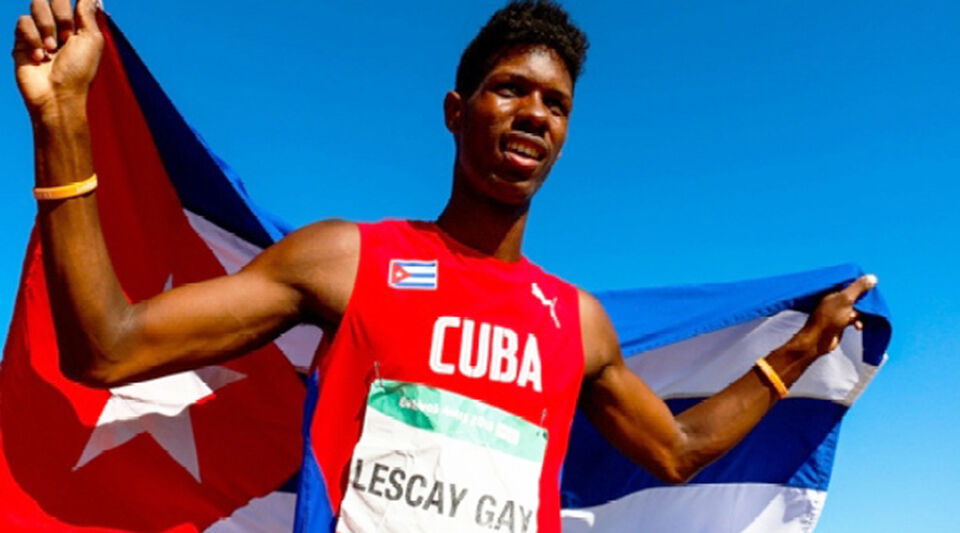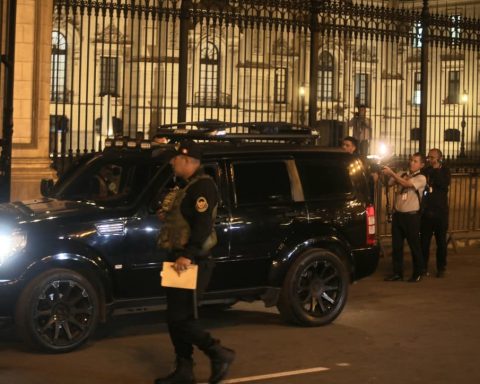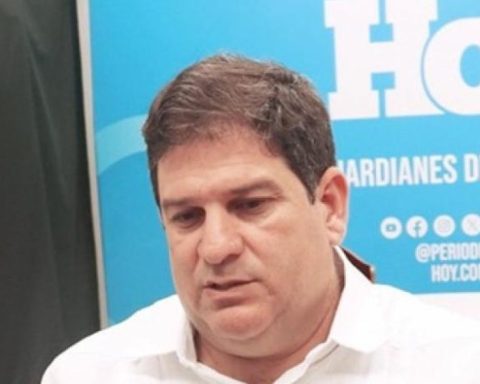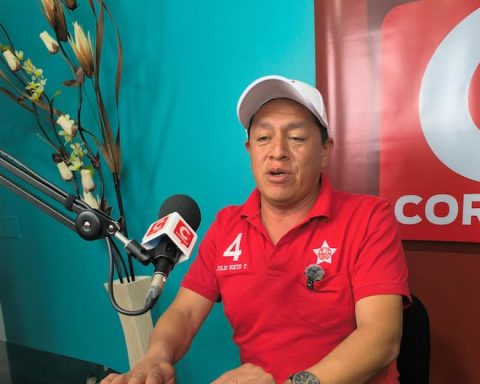By Yelena Rodriguez Velazquez
Journalist of the Culture Newsroom
Brunet’s thing was pure instinct, passion, taste and consecration in the obsession of wanting to dance a work that gave him sleeplessness: Súlkary. He always says it, in each interview it is a recurring theme because that was the fuel for him. And, of course, the dream came true and she danced the work until the last cast.
His training process in the path of dance began in the opposite way to many: first practice, then school.
I wanted to dance so badly that I took my academy in the halls of DCC, he told Prensa Latina with a laugh, sitting in the same room witnessing every movement, rhythm, style, laughter, sigh, phrase and drop of sweat that left his body in preparation to play a character or stage a story.
Brunet’s life could be said to be a constant challenge between the I want-I can; the same when she studied at the Casa de Cultura in Ciudad Libertad, as well as in the company’s workshops, learning Cuban modern dance, ballet classes or the Omo Irawo project.
In those beginnings, he penetrated the knowledge of Afro-Cuban folklore, dances, touches and songs and ventured into choreography for cabaret shows. His empirical training does not make him forget or decline the importance of specialized instruction.
“Thanks to the composition classes, the Cuban modern dance technique and the knowledge diapason, I skilfully explored all these specialties because the academy undoubtedly prepares the student to assume any process and/or choreographic trend,” he commented.
That is why Brunet did not settle for a medium level of artistic education, but went to the Higher Institute of Art to appropriate other theoretical, investigative, artistic and even educational elements of dance art.
To my surprise, perhaps also to that of the reader, this action of overcoming happened in 2019. Brunet celebrates today the effort like a knight of Marti’s verses, drunk with joy, at the age of 48.
The Maitre
Becoming a rehearsal and choreographer for such a prestigious company was never on Yoerlis Brunet’s list of dreams to fulfill or on the list of professional achievements. Much less baptized as maître of the group, he became a fundamental link in the chain of educators of dance students.
“Sometimes I would take the turn of a colleague who needed to be absent from the experimental hobby workshop, and I was happy to do so. My first steps in teaching were with folk dance and from there everything began to flow naturally”, he stated.
The paths of Yoruba forged the teacher who was growing, without any imposition to assume the teaching as a forced foot or establish a methodology per se. Many of his classes, he said, stemmed from his own needs as a dancer.
From the student that he is, with constant concerns and desires, Brunet presents the teacher he aspires to be. For this reason, she always arrives and ends the class with the need of the dancer and the show that will be projected, linking all kinds of trends and working on the physical requirements.
“As a teacher I try to help the student with the technical, physical, and mental aspect. That starts from the classroom, with the warm-up. I arrive with the questions: what do I want to do?, what do I intend to achieve?, although the objectives are not always met, he said.
When they have a problem and I don’t make progress, I feel guilty, I never charge the student. I put together a process to seek evolution and achieve the result that I aspire to and that we all want at the start-up, he explained.
Brunet studies and takes a good look at what he has in front of him. Sometimes tired bodies, others a willing figure. There he addresses the lesson and his command voices: he rolls on the floor, stretches his leg, engages the muscle, relax, stretches his arm, let go.
His simplicity and humility do not allow him to define himself as an educator. In front of him a large group of young people looked at him, his students. I went to them for an answer and found, as expected, a testimony of gratitude. Danny Rodríguez named him a persevering teacher.
It can see the talent you have hidden and dig deep to get it out. In this process there are bad moments, suffering, desperation, but in the end, when you see what has been achieved, you understand why they are demanding and you feel eternal gratitude, he declared.
Brunet felt similar retribution for Margarita Vilela, Leonor Rumayor, Isidro Rolando, Manolo Vázquez, Juan de Dios, so many who helped shape his style.
Cuban one hundred percent
From the ground floor of the National Theater of Cuba, shocking movements are heard, jumps on the board, a voice that guides, orders and sings. At the headquarters of Contemporary Dance of Cuba you can feel the leather peals, the Batá drums, the sound of the rumba, the Afro-Cuban heritage.
Such signs confirm it. Yoerlis Brunet’s classes take place up there. He could not be otherwise because he loves Cuban music in all its splendor, popular sounds, salsa and the very Cuban songo of Los Van Van.
That sonorous ajiaco leaves in Brunet’s suitcase every time he tours with the company and wherever he arrives he serves a very Creole dish to the crowd that awaits them in each city, enthusiastic about receiving the Cuban master’s classes and the technique of the authentic modern dance of this Caribbean island.
We have a lot of influence from the dance of the United States, mainly from Martha Graham, but it takes most of the Cuban roots and the stamp that Ramiro Guerra, Eduardo Rivero, Gerardo Lastra, Arnaldo Patterson imprinted. People are going to learn from that knowledge and enjoy the workshops, he explained.
In Cuba meetings coexist in summer and winter. August and January welcomes the curious to test the qualities and principles of Graham, Cunningham, Socolo, Laban at the time of modern dance, the technique of the Cuban barre and folklore.
Brunet fondly recalled a genuine experience in England, where they showed some hints of the choreography that they would later dance. Together with one of her students, she taught a workshop based on the works Matria Etnocentra and Reversible with people over 60 years of age.
It was incredible and interesting to see how those ladies and gentlemen tried to do the piece and later, from the seat, notice our movements on stage and recognize them, get emotional. It provoked in them a stimulus and awakened the desire to live, he recalled.
In these places, the desire to dance and learn about Cuban culture is perceived. Brunet is a requested maître, highly demanded. Perhaps not even he himself perceives how much the others enjoy seeing him on stage, becoming colossal.
Perhaps you have no idea that thousands consider you a true institution because your name is inextricably linked to the phrase Contemporary Dance of Cuba.
arb/yrv
